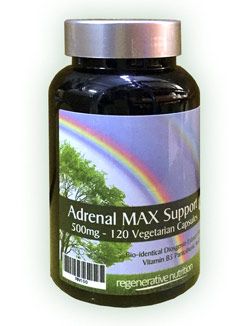thingsvarious
Member
- Joined
- Oct 11, 2020
- Messages
- 144
I do consults already. I´ll be done with med school in two months. I don´t think having a proper degree would make much of a difference in the quality of advice. If you are interested: [email protected]Wow! Wish we could have a consult with you when you have your degree!

